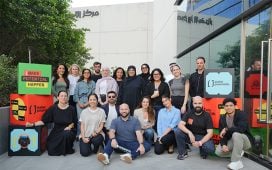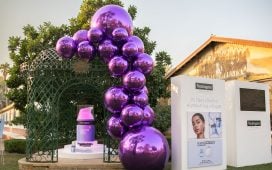On Tuesday 29th March 2022, Twitter and Campaign ME hosted the final session of their exclusive four-part Spaces series on @TwitterMktgMENA, which has welcomed a series of experts offering listeners engaging insights on marketing tactics and consumer behaviour during Ramadan. Focusing on ‘Ramadan for good’, the fourth and final session hosted Jawaher Abdelhamid, Public Policy Manager for Twitter MENA, who was joined by Hani Al Zubaidi, CEO of Make-A-Wish UAE. Once again led by Austyn Allison, Campaign ME, Senior Editor, the episode explored how consumer habits evolve during the Holy Month and Twitter’s role in driving philanthropy and donations.
Make-A-Wish UAE, Hani Al Zubaidi, CEO,
To continue reading this article you need to be registered with Campaign. Registration is free and only takes a minute. Register Now or sign in below if you already have an account.









